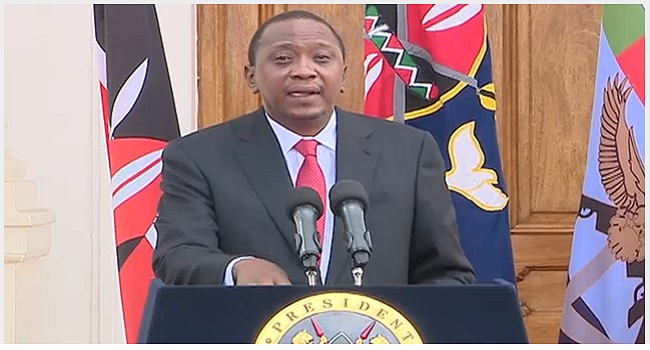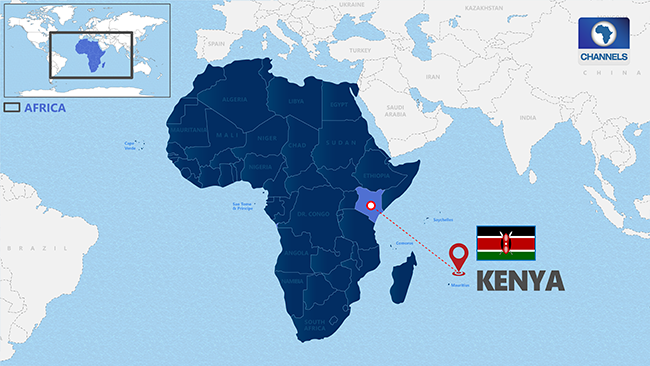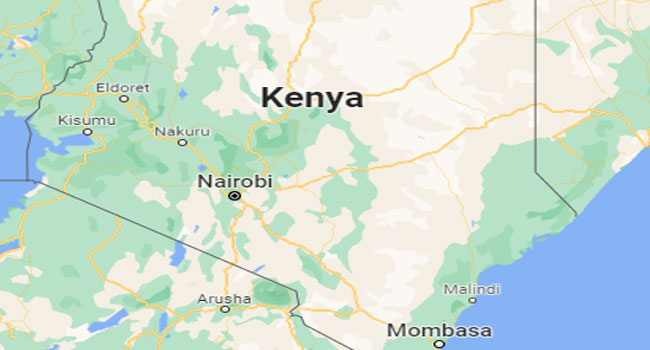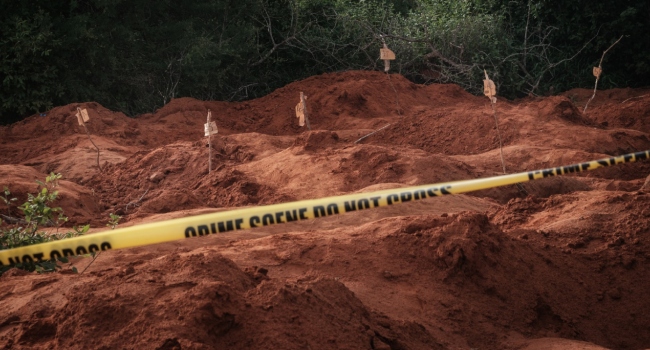Kenya’s chief justice warned President Uhuru Kenyatta on Sunday not to undermine public confidence in the judiciary, in an unusually sharp exchange between the two men less than a month before national elections are due.
Kenyatta had earlier responded to a court victory for the opposition against Kenya’s Independent Electoral and Boundaries Commission (IEBC) by cautioning against any use of the court process to delay the elections.
“They are taking us for fools… I want to tell those in courts, we have respected you. But do not think respect is cowardice. And we will not allow our opponents to use the courts and to intimidate the IEBC, thinking they will win using the back door,” he told an election rally in the western county of Baringo, referring to the judiciary.
Chief Justice David Maraga released a statement a few hours later, saying: “When political leaders cast aspersions on the administration of justice based on a misinterpretation of my statements, it has the potential to impair public confidence in our courts, and this concerns me a great deal.”
A Kenyan court on Friday nullified the contract for printing presidential ballot papers.
The opposition has brought a flurry of cases against the electoral commission, including this one in which the high court judge ruled that IEBC’s tendering process was insufficiently transparent.
On the ballot paper case, the IEBC awarded the 2.5 billion-shilling ($24 million) contract to Dubai-based firm Al Ghurair last year. But a high court judge cancelled it in February, saying it did not follow new election regulations after it was challenged by the opposition.
The IEBC awarded the contract to Al Ghurair again in June, prompting Odinga’s National Super Alliance to appeal again, leading to Friday’s outcome.
“The truth is that apart from very exceptional cases which are not acts of one’s own making, the election date is cast in stone, and this has been determined by both the Constitution and by the supreme court. So all the players have to do everything they can, to ensure that elections take place on the 8th of August.
“The fear for us observers is that with all this up and down, backwards and forwards, even if the election takes place, the preparation would have been seriously hampered and it would affect the quality of the eventual elections delivered by IEBC,” said constitutional lawyer, Charles Kanjama.
President Kenyatta is seeking a second and final five-year term against veteran opposition leader Raila Odinga.
Odinga, the head of the National Super Alliance (NASA) was also the opposition candidate in both 2007 and 2013.
Salim Lone, a spokesman for Odinga said NASA was “astounded” by the president’s statement.
Kenyans are also due to choose legislators and local representatives for the first time since 2013, when the elections passed peacefully after the opposition challenged the results in court.
Kenya has a history of disputed elections.
At least 1,200 people were killed in ethnic violence after the December 2007 polls. The opposition challenged the 2013 result, but it was upheld by the Supreme Court.





